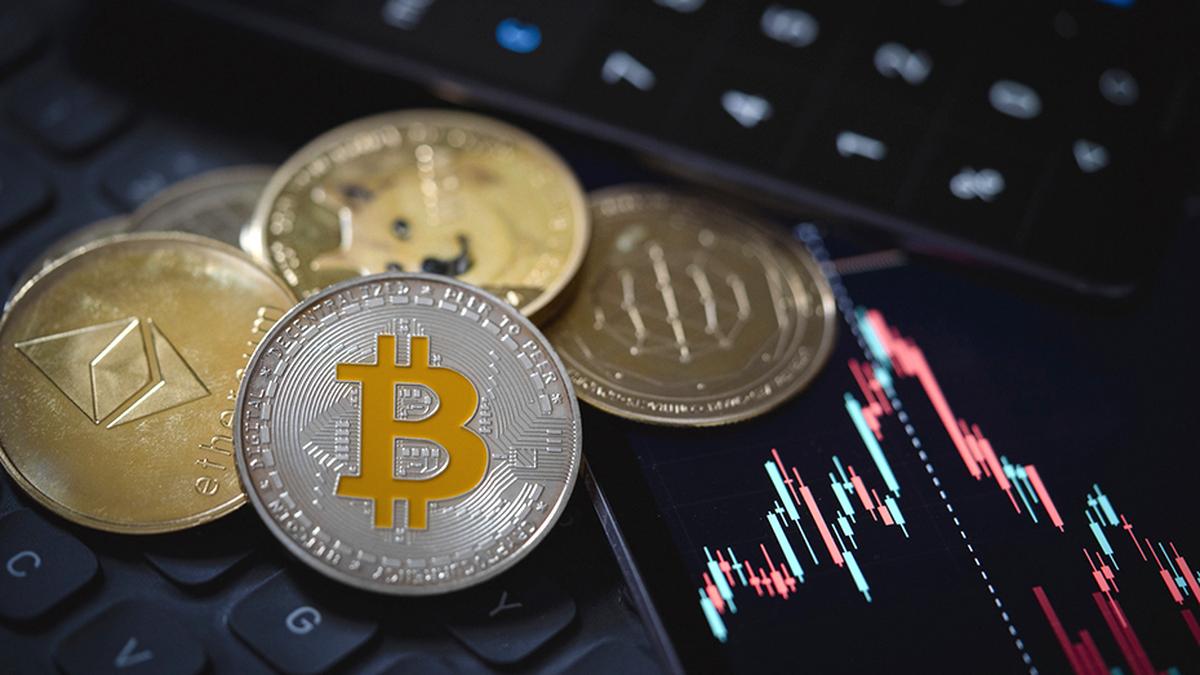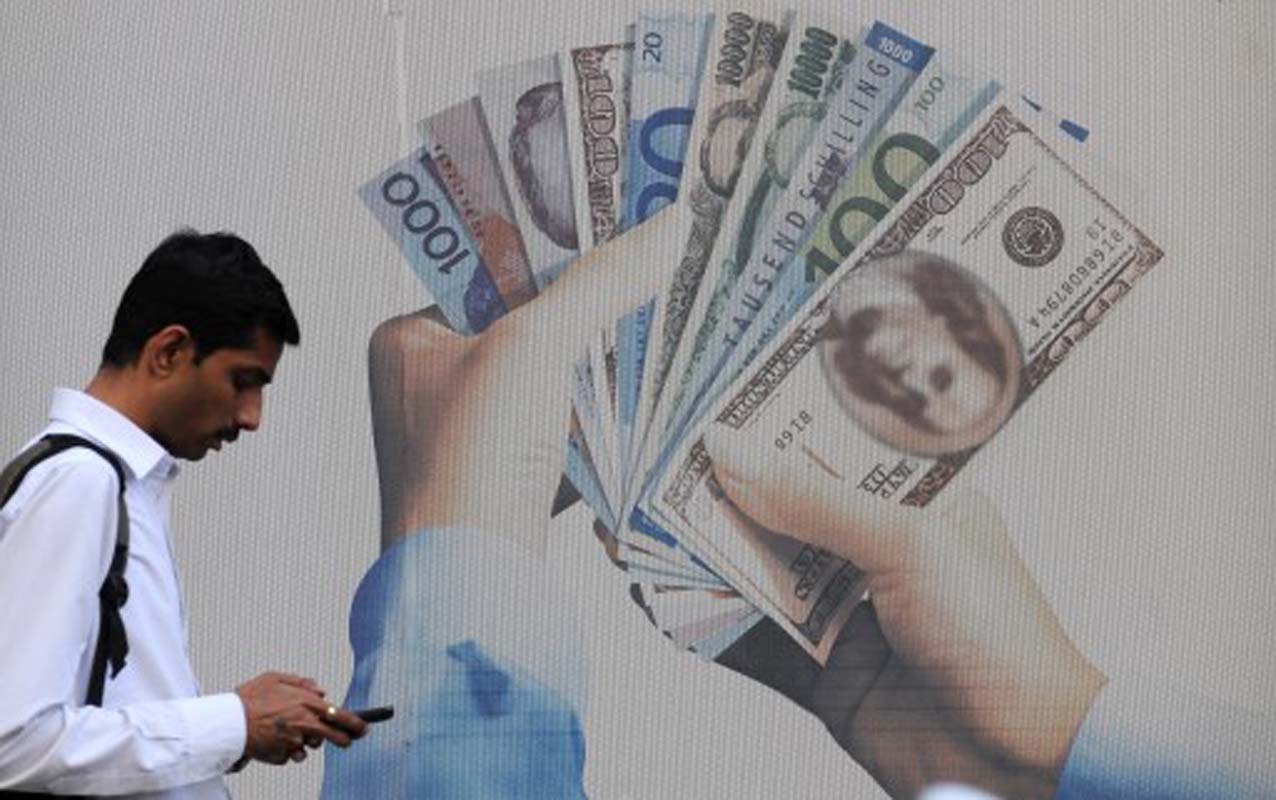Global Media Forum 2025: Building bridges to beat populism - DW - 07/07/2025
All over the world, authoritarian regimes are gaining power through populism and the curtailment of free media. DW is seeking to counter the populist rhetoric with this year's Global Media Forum (GMF). The two-day media congress opens on Monday in the western German city of Bonn, and the motto this year is "Breaking barriers, building bridges."
The presence of Steve Capus, the president of the US international broadcaster Radio Free Europe/Radio Liberty (RFE/RL) is an indication of the pressure free media, such as public service radio, are currently under, even in the United States. Donald Trump's administration wants to stop funding the Prague-based broadcaster, which for decades has been a key pillar of the transatlantic partnership between Europe and the US.
Like DW, RFE/RL also broadcasts uncensored reports to countries where the media landscape is dominated by propaganda. "We have got to survive. If we don't, it is a huge gift to Russia and China," Capus said in the run-up to the conference.

In Bonn, Capus will be in discussion with Michal Broniatowski, head of the Polish international broadcaster TVP World, DW's Director General Peter Limbourg, and Jonathan Munro, Global Director for BBC News.
"Political instability is on the rise in many parts of the world, and the consequences for all of our audiences are enormous," says Munro. "At the same time, colleagues from the United States have been forced either to close or curtail their free media. That's a worrying development, particularly as misinformation and disinformation are aggressively growing all over the globe."
This year's Freedom of Speech Award, a prize given annually by DW for outstanding work in promoting freedom of expression and human rights, goes to Tamar Kintsurashvili from Georgia. She has similar concerns. "Under the aegis of the Soviet Union we had no say, and were completely dependent on a totalitarian system," she told DW. "But in a democratic country, all citizens must keep the government in check in order to preserve our freedom. The media have a particular responsibility to ensure the separation of powers."
As executive director of the nongovernmental Media Development Foundation in Georgia's capital, Tbilisi, Kintsurashvili shows people how to achieve this. She teaches journalists how to fact-check reliably and sensitizes them to hate speech.
Many of the discussion forums in the 2025 GMF program offer practical tools and assistance for people in the media. For example, one is titled: "How authoritarian regimes build digital walls — and how to overcome them."
Following on from an initial event on the subject of generative artificial intelligence in journalism at last year's forum, questions around the ethics of using AI in journalism will be central to the GMF 2025. To what extent is it acceptable for journalists to use AI for their work?
One way for Europe to respond to division and populism is to expand, and admit more members. One of the most recent candidates for accession, Ukraine, is currently caught up in defending itself against Russia's war of aggression. There is therefore great interest in the keynote speech by the EU commissioner for enlargement, Marta Cos. Will the European community keep its word to the beleaguered country?
This year, the GMF will also welcome Syria's minister of information, Hamza al-Mustafa. The future of the multi-ethnic country is unclear now that its long-time ruler, Bashar Assad, who was supported by Vladimir Putin, has been overthrown. Al-Mustafa will speak about the role of the media in Syria's reconstruction.

How can the media help people overcome barriers, when so many, especially in the Middle East, are suffering wars that only entrench divisions? A documentary film, co-produced by DW, about the greatest war crime in Europe since World War Two seeks to provide an answer. "The Srebrenica Tape — from Dad for Alisa", directed by Chiara Sambuchi, will be screened by DW for the first time during the GMF.
The protagonist, Alisa, was nine years old when her father was killed by Serbian troops in the UN "safe area" of Srebrenica 30 years ago. He was one of 8,000 men and boys who died in the Srebrenica massacre, which took place over several days.
Today, Alisa lives with her mother and her daughter in the city of St. Petersburg, in the US state of Florida. At the start of the war in Bosnia and Herzegovina, which lasted from 1992–1995, her parents took her to safety across the border with her maternal grandparents in Serbia. They then returned to Srebrenica.
During the blockade of Srebrenica, which went on for more than three years, Alisa's father, a movie enthusiast and hobby filmmaker, filmed their daily life under siege in the small town. In these recordings, he often talks directly to his daughter. He managed to get a VHS cassette to her before Srebrenica was overrun by Serbian troops led by the Bosnian Serb general Ratko Mladic.

For Alisa, the daughter of a Serbian mother and a Muslim Bosniak father, who was murdered by Serbs, overcoming barriers is a matter of existential importance. "Alisa decided, for her, not to take [sides]," the director, Chiara Sambuchi, told DW. The most important thing for Alisa was to make clear that she stands "against this terrible religious hate, ethnically religious hate, and what it implies."
This article has been translated from German.







_1751880097.jpeg)




